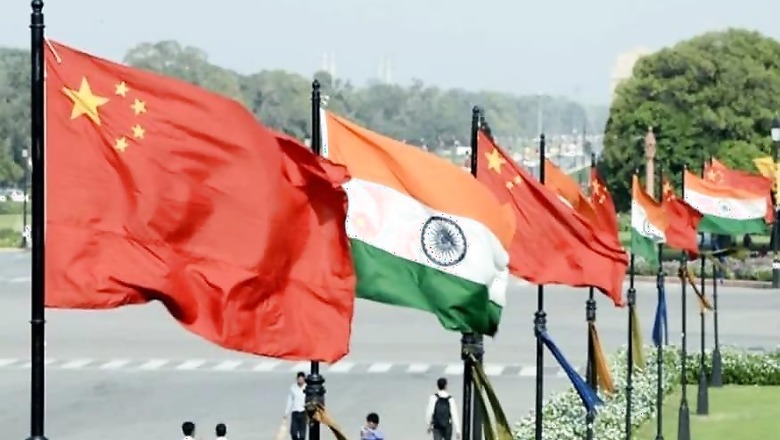
views
India and China on Monday agreed that it was necessary to ensure at the earliest “complete disengagement of the troops along the LAC and de-escalation from border areas for full restoration of peace and tranquillity” after a telephone conversation between NSA Ajit Doval and Chinese foreign minister Wang Yi.
In the call on Sunday, the two sides had a frank and in-depth exchange of views on the recent developments in the western sector of the India-China border areas, a press release by the government said.
It added that the two Special Representatives agreed that both sides should take guidance from the consensus of the leaders that “maintenance of peace and tranquillity in the India-China border areas was essential for the further development of our bilateral relations and that two sides should not allow differences to become disputes”.
“Therefore, they agreed that it was necessary to ensure at the earliest complete disengagement of the troops along the LAC and de-escalation from India-China border areas for full restoration of peace and tranquillity. In this regard they further agreed that both sides should complete the ongoing disengagement process along the LAC expeditiously.”
Chinese Foreign Minister and State Councilor Wang Yi said that Beijing will "continue to effectively defend its territorial sovereignty and the border area and peace". "The two sides should always adhere to strategic judgments that do not pose threats to each other," he added.
The two sides re-affirmed that they should strictly respect and observe the line of actual control and should not take any unilateral action to alter the status quo and work together to avoid any incident in the future that could disturb peace and tranquillity in border areas.
The two Special Representatives agreed that the diplomatic and military officials of the two sides should continue their discussions, including under the framework of the Working Mechanism for Consultation and Coordination on India-China border affairs (WMCC), and implement the understandings reached in a timely manner to achieve the above outcomes. It was also agreed that the two Special Representatives will continue their conversations to ensure full and enduring restoration of peace and tranquillity in the India-China border areas in accordance with the bilateral agreements and protocols.
In the first signs of the military dialogue for disengagement showing results, Chinese and Indian troops have pulled back from three friction sites at the Line of Actual Control, including the site of the June 15 violent clashes at Galwan Valley in eastern Ladakh, sources said on Monday.
The extent of the mutual pullback has not been specified. The disengagement from the patrolling points at Galwan Valley, Hot Springs area and Gogra, which had seen significant military buildup over the last two months, comes after three rounds of commander level talks in June.
A buffer zone has been created between the Indian and Chinese troops. The pullback was confirmed after a survey was undertaken to verify if China had acted on its assurances of a mutual withdrawal.
An official described the withdrawal as "baby steps in the disengagement process" and said it remains to be seen "if this is a lasting, genuine disengagement."


















Comments
0 comment